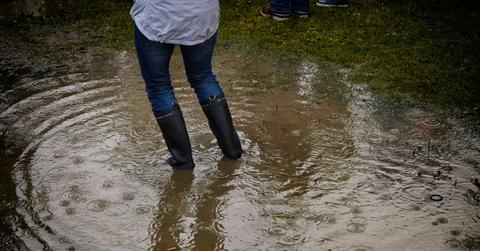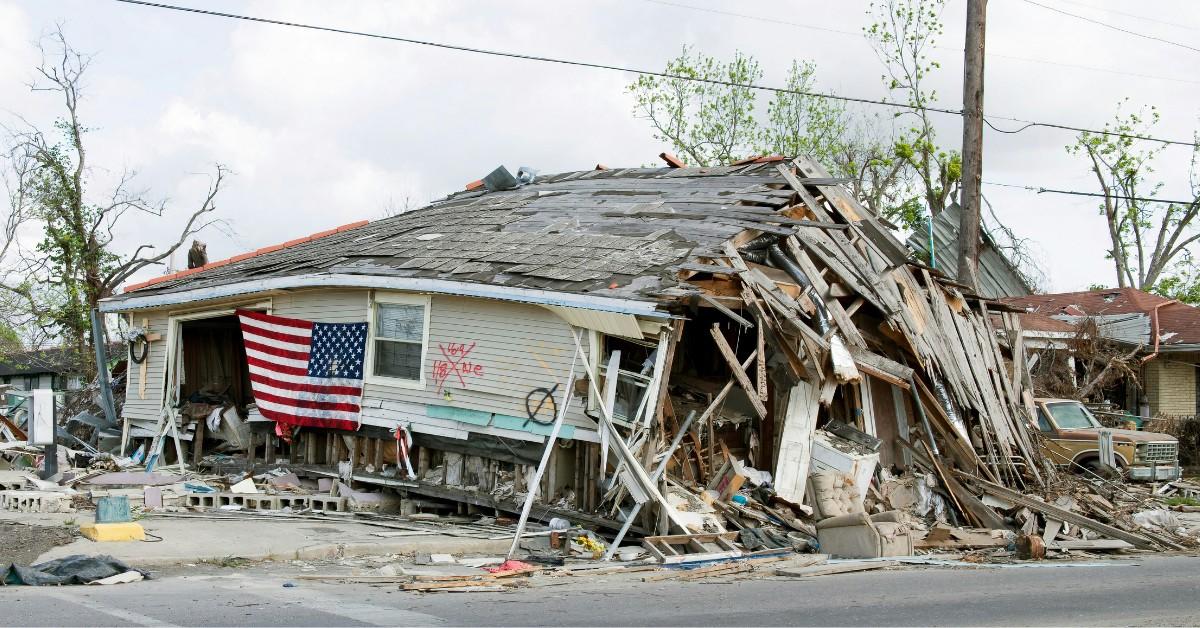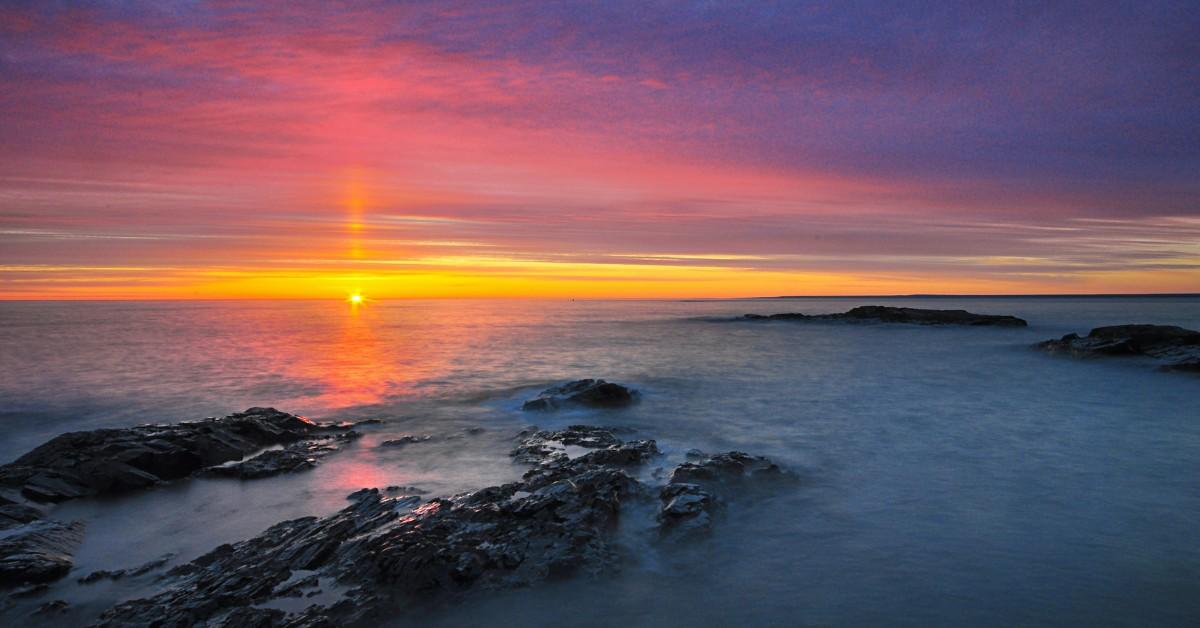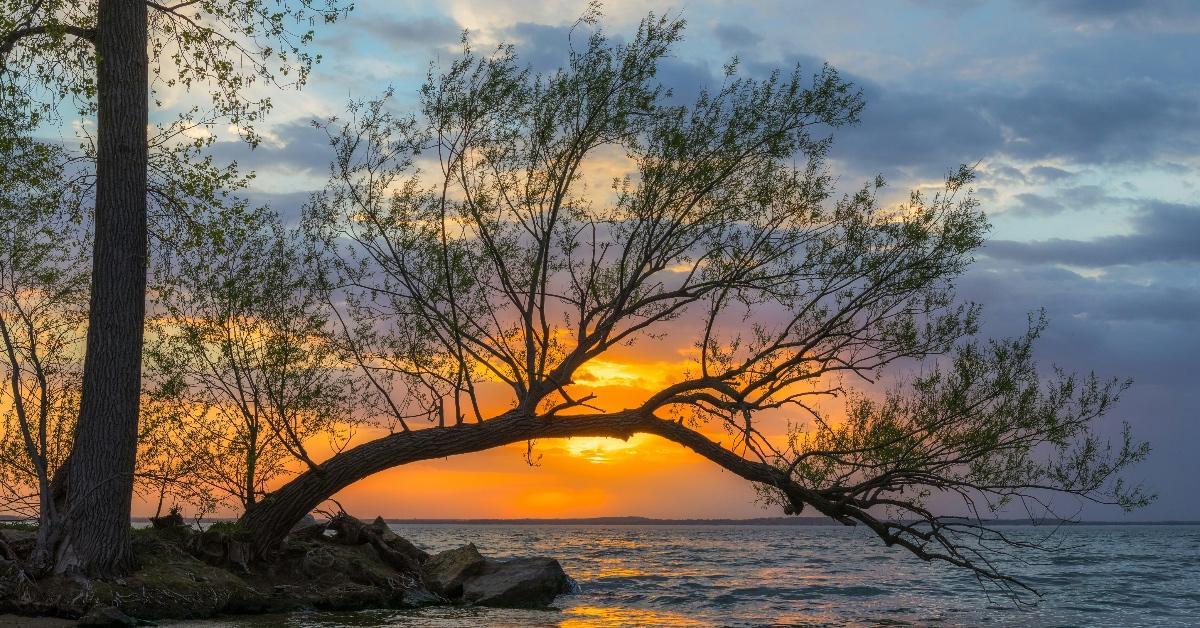These 4 Cities Are Touted as U.S. “Climate Havens” — But What Does That Mean? Let’s Discuss
These areas experience fewer weather related effects of climate change.
Published Jan. 24 2025, 11:42 a.m. ET

Dangerously high temperatures, record-low cold snaps, extreme hurricanes, tornados, and so much more have been making headlines across the U.S. While some people like to argue that weather extremes have always been the norm, experts are coming together to try and warn the public that this is all just the tip of the proverbial iceberg when it comes to the effects of climate change.
With so many areas around the globe experiencing these weather changes, many people are trying to figure out exactly where they can move to keep their families and property safe.
While many professionals believe that all places will eventually experience some effects of climate change, there are a few places in the U.S. that are considered "climate havens." You can learn more about these places below.

What is a climate haven?
If you've never heard the phrase "climate haven" before, it's one that's often used to describe areas that don't quite feel the climate change extremes that some other regions do, turning them into refuges for those looking to escape.
For example, the mayor of Buffalo, New York, made international headlines, according to the BBC, when he touted his city as a potential haven for those fleeing from other areas that see frequent disasters like wildfires, scorching temperatures, and hurricanes.
Experts remain skeptical of the idea that any city can truly become a climate haven in the future, since eventually all regions will experience some forms of climate change, even if places like Buffalo do tend to fair better than others around the world.
Here are four climate haven cities in the U.S.
Buffalo, New York
Byron Brown may have been onto something in 2019 when he named his city a potential "climate refuge city." The BBC says that the region is positioned to do better than many others, thanks to the access to ample water reserves in Lake Erie, which can help them avoid a drought.
While the city does see a lot of snow, the temperatures in Buffalo remain pretty stable for the rest of the year.
When asked about the validity of these claims by the BBC, a geography professor with Buffalo State University told the publication that Buffalo should only be considered a climate haven compared to other areas. "I'm not saying climate change is going to be good for Buffalo, or Buffalo is going to be an oasis," he told reporters at the time. "We’re not an oasis, we suck less.”
Ann Arbor, Michigan
The Council of the Great Lakes Region addressed Ann Arbor's potential to remain temperate in a 2023 article. Like Buffalo, the city's access to the freshwater of the Great Lakes makes it an appealing spot for those who may be looking to avoid living in drought-prone areas.
One researcher even predicted that Michigan would be one of the best places to live by 2025 in the 2021 book Move: The Forces Uprooting Us.
Not everyone in the state is loving that title. Some warn that Michigan's status as a climate haven could turn it into a global target, like Governor Gretchen Whitmer.
“The whole world is going to want to come here or take our water," Whitmer said in an October 2022 debate. "We cannot let that happen. But what we can do is have a strategic plan for population growth and management of our natural resources."
Madison, Wisconsin
The Great Lakes are at the center of Madison's claim to fame as a climate haven. PBS explains the massive waterways help keep temperatures down while also providing the region with plenty of moisture, which can prevent wildfires.
State climatologist Steve Vavrus dove a bit deeper into the city's ability to become a haven for Americans trying to escape extreme weather in a May 2024 interview with the publication.
Vavrus told the paper that access to fresh water was just one of the things Madison residents had going in their favor. “Maybe just as important is what we don’t have — we don’t have hurricanes, we don’t have big wildfires, and we are far away from sea level rise,” he said. “So, the combination of those things has made a lot of people speculate that our region of the country could be very attractive to so-called climate migrants.”
That isn't to say that there aren't downsides of living in the region. Vavrus noted that the area already experiences some uncomfortable extremes that many folks are currently looking to escape, including smoke from wildfires, flooding rains, and heatwaves.
Duluth, Minnesota
Unsurprisingly, the Great Lakes strike again for Duluth, located near Lake Superior. That's because access to clean and fresh water is going to become more scarce as we continue to overtax our country's limited resources, so easy access to such a massive supply is going to become one of the main things people are looking for when the impacts of climate change begin to be felt more broadly, according to local ABC affiliate WDIO.
Before you pack your bags to head to any one of these supposed climate havens, it's worth remembering that you'll likely be moving alongside millions of other U.S. residents looking for the same access to a safe place to live, something that none of these regions currently have the infrastructure to support.

